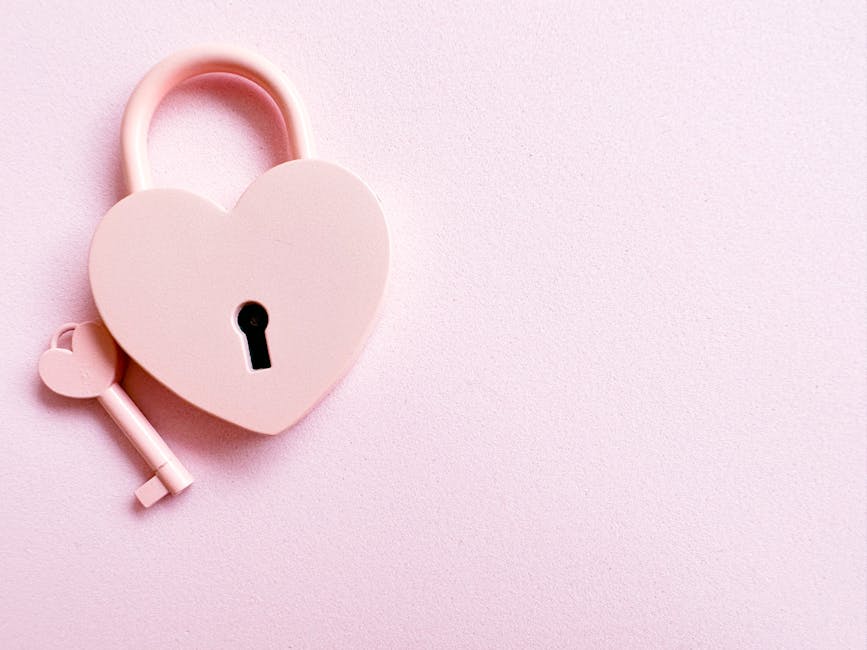Saudi Arabia’s Drug Crackdown Drives Executions Toward Record High
In a dramatic escalation of its war on drugs, Saudi Arabia has executed at least 172 people in 2024 alone, putting the kingdom on track to surpass its previous execution records. The surge in capital punishments, primarily for drug-related offenses, underscores the Saudi government’s zero-tolerance stance toward narcotics—even as human rights groups decry unfair trials and forced confessions.
Saudi Execution Rates Soar in 2024
Saudi Arabia is one of the world’s most active executioners, but 2024’s numbers are alarming. Data from human rights organizations shows:
– 196 executions in 2022
– 170 executions in 2023
– 172+ executions already in 2024
Most were convicted of drug smuggling, classified as a major crime under Saudi Arabia’s strict Islamic law. Unlike executions for violent crimes, drug-related death sentences face heavy backlash—critics argue many convicts are low-level offenders or coerced foreign workers.
Foreign Nationals Among the Executed
A significant number of those executed this year are foreign nationals, primarily from:
– Pakistan
– Yemen
– Syria
Rights groups claim many were denied fair trials, lacked legal aid, or confessed under torture. One high-profile case is Hussein Abo al-Kheir, a Jordanian executed in March 2024 after a decade on death row. He alleged his confession was extracted through torture, but Saudi courts upheld his sentence.
“The Saudi justice system routinely fails international standards,” says Lina al-Hathloul of ALQST, a Saudi rights group. “Many executions rely on forced confessions with no transparency.”
Saudi Arabia Defends Executions as a Deterrent
Saudi officials argue the death penalty is necessary to combat drug trafficking. The General Directorate of Narcotics Control (GDNC) reports seizing large quantities of:
– Amphetamines
– Heroin
– Cannabis
“Drug traffickers destroy lives,” says Maj. Gen. Mohammed al-Nujaidi, a GDNC spokesperson. “The death penalty deters criminals.”
While Saudi Arabia highlights rehabilitation programs, critics say executions overshadow root causes like unemployment and mental health crises.
International Condemnation Grows
The UN, EU, and rights groups like Amnesty International accuse Saudi Arabia of using executions as a “political tool.” However, the kingdom’s strategic oil role has limited stronger global responses.
Is This a Regional Trend?
Saudi Arabia isn’t alone—Iran and the UAE also impose harsh drug penalties. But Saudi courts face extra scrutiny due to opaque trials and lack of oversight.
As Vision 2030 reforms project a modern image, rising executions highlight a stark contradiction. While Crown Prince Mohammed bin Salman pushes social liberalization, the justice system remains rigid.
What Comes Next?
With executions continuing, the world debates how to pressure Riyadh without straining ties. Meanwhile, families of prisoners plead for mercy—but Saudi Arabia’s message is clear: no leniency in its drug war.
Stay updated on this developing story.




